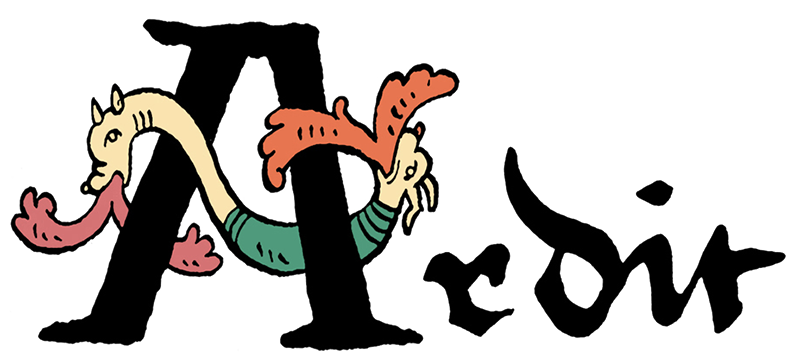
5th ARDIT International Congress
Centre or Periphery: Shaping Relations During the Middle Ages
Barcelona, 11-13 May 2022
During the Cold War, the notion that resources flowed from a “periphery” of poor and underdeveloped states to a “core” of “central”, wealthy states and, thus, determined national economic development or underdevelopment, gained sway among scholars and theorists of inter-regional relations. Although most Dependency theory scholars traced the roots of this “world system” to the first global expansion of European capitalism in the 16th century, these ideas soon inspired new approaches to central–local relations in different disciplines and chronologies. Such perspectives often leave the more s trict confines of Dependency theory behind, and, in more general terms avoid the dichotomic understanding of a dominant centre and a subordinated periphery, but make use of these concepts because of the promises they entail: its inherent comparative nature, the chance to go beyond hyper-localism to structure geographic and political systems, construct inter-regional hierarchies and connections and, after all, achieve a more holistic view of past societies. We believe Medieval societies, territories, and cultures are especially suited to these types of approaches. The fragmentary and highly localised nature of power, the development of different languages and cultural systems, or the exploitative nature of economic relations constitute a fertile ground for a perspective that has the notions of hierarchy in inter-regional and inter-personal relations at its core.
Organizing Committee
Pol Bridgewater Mateu
Xavier Costa Badia
Jaume Marcé Sánchez
Laura Miquel Milian
Contact details
congress.ardit@ub.edu
With the support of:
Institute for Research on Medieval Cultures (IRCVM – Universitat de Barcelona)
Master’s Programme in Medieval Cultures (Universitat de Barcelona)
Doctoral Programme in Medieval Cultures (Universitat de Barcelona)

